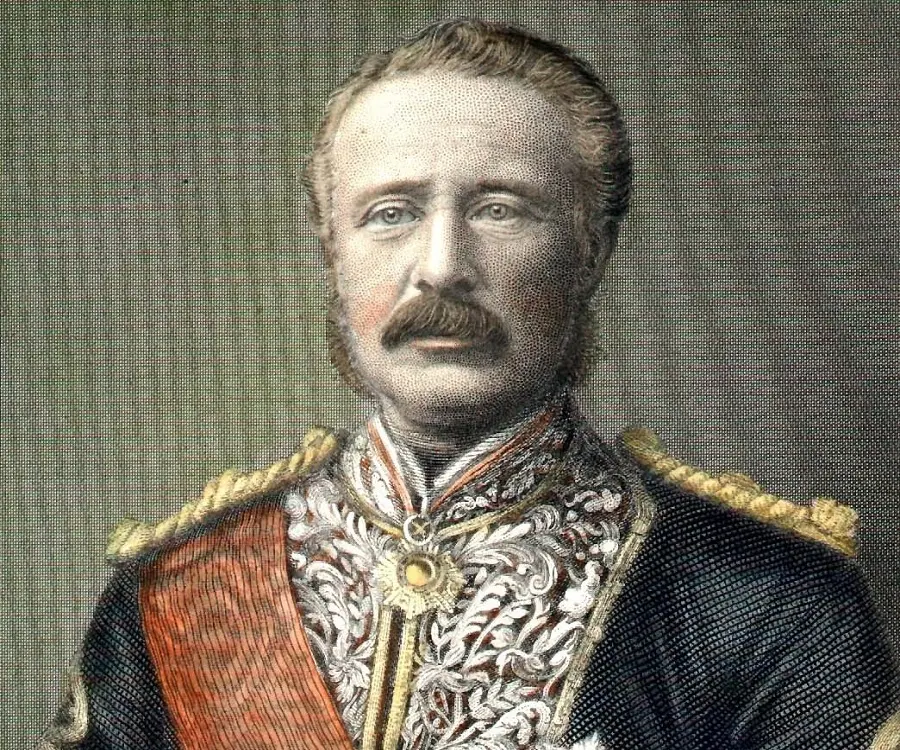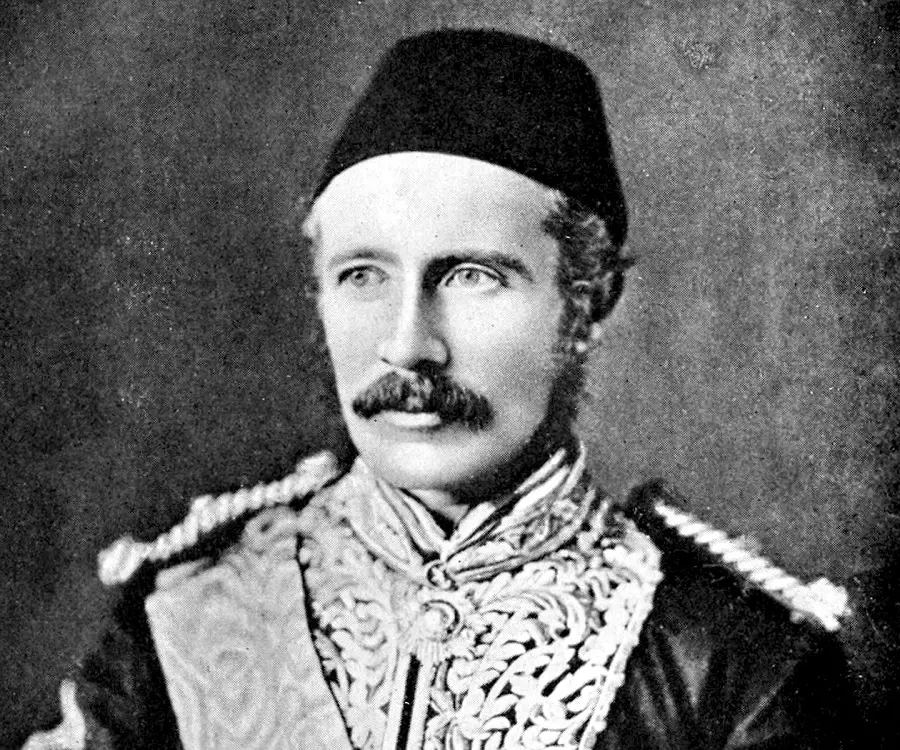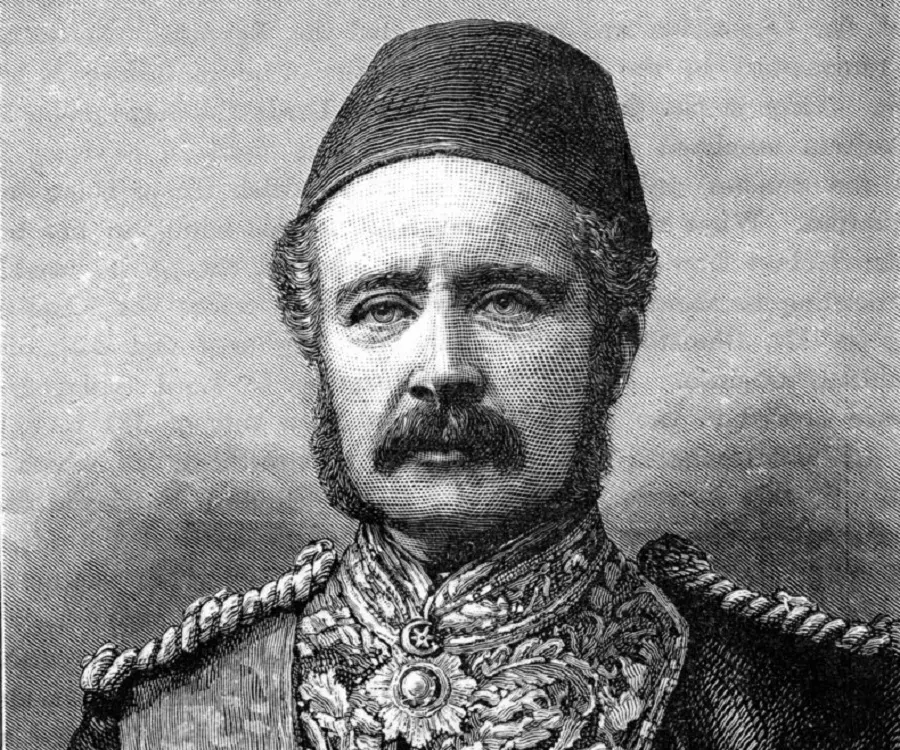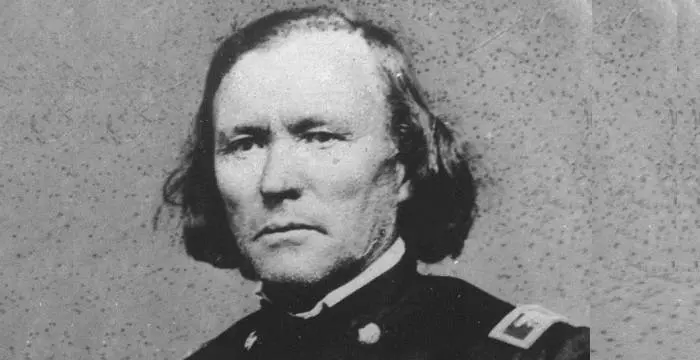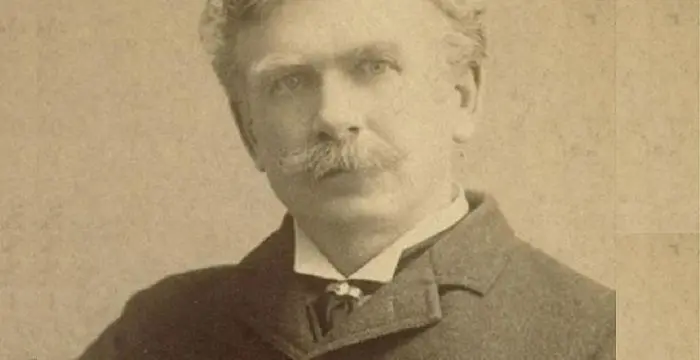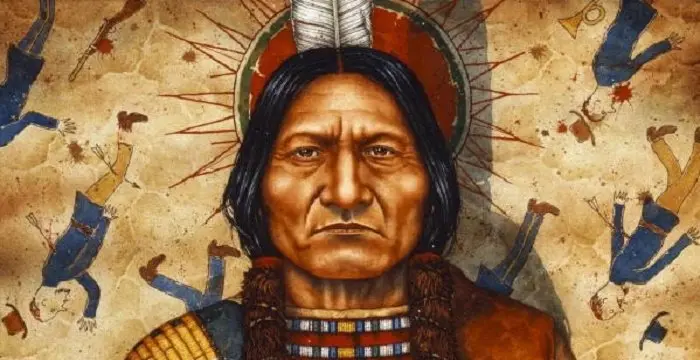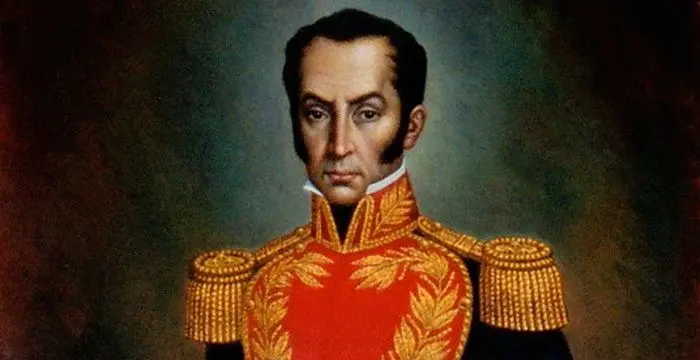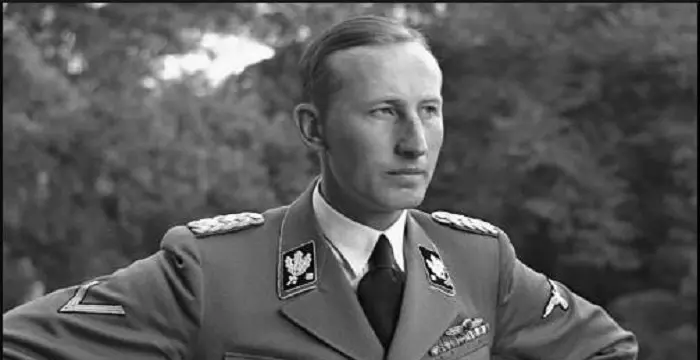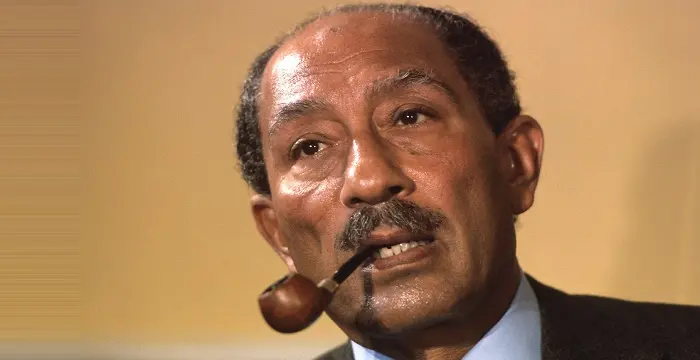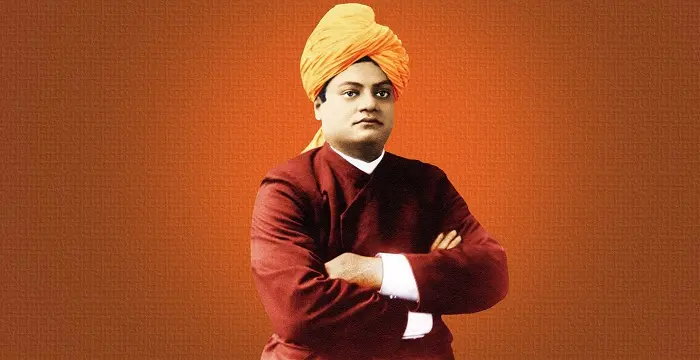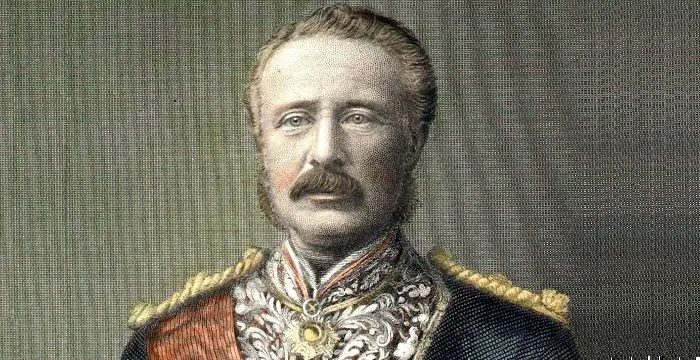
Charles George Gordon - Administrator, Family and Childhood
Charles George Gordon's Personal Details
General Charles Gordon was a British soldier and administrator, who rose to prominence for defending Khartoum from the Mahdists
| Information | Detail |
|---|---|
| Birthday | January 28, 1833 |
| Died on | January 26, 1885 |
| Nationality | British |
| Famous | Leaders, Military Leaders, Administrator, Soldiers |
| Siblings | Augusta Gordon |
| Known as | Charles Gordon |
| Universities |
|
| Cause of death |
|
| Birth Place | London |
| Gender | Male |
| Father | E |
| Mother | Elizabeth Enderby |
| Sun Sign | Aquarius |
| Born in | London |
| Famous as | British soldier and Administrator |
| Died at Age | 51 |
// Famous Administrator
Billy Beane
Billy Beane is a former American baseball player, who currently serves as an administrator. This biography profiles his childhood, family, personal life, career, etc.
Charles George Gordon's photo
Who is Charles George Gordon?
Charles George Gordon, better known as Gordon Pasha or Gordon of Khartoum, was an English army officer and administrator, best remembered for his expeditions in China and northern Africa. As a general of the British army, he served in the Crimean War and participated in the expedition to Kinburn, for which he was honored with the Crimean war medal and clasp from the British government and was made the Chevalier of the Legion of Honor by the French government. However, his major recognition came after his appointment as the commander of the 3,500 Chinese soldiers, known as the ‘Ever Victorious Army’, following which he succeeded in suppressing the Taiping Rebellion and seizing its principal military base, Changzhou Fu. This heroic service earned him accolades from both the British and the Chinese government, apart from the nickname ‘Chinese Gordon’. He entered the Egyptian army under Khedive Ismail Pasha and served in Khartoum and Gondokoro, building stations along River Nile and making attempts to end slave trade. Eventually, his appointment as the Governor-General of Sudan took him to Khartoum to free British and Egyptian forces, due to the uprising of Sudanese rebels led by Muhammad Ahmad, who proclaimed himself Mahdi, against the Anglo-Egyptian rule, where he was captured and executed
// Famous Soldiers
Kit Carson
Kit Carson was an American frontiersman and soldier who played an important role in the westward expansion of the United States. This biography of Kit Carson provides detailed information about his childhood, life, achievements, works & timeline.
Ambrose Bierce
Ambrose Gwinnett Bierce was an American journalist, satirist and writer of sardonic short stories. This biography provides detailed information about his childhood, life, career, achievements and timeline.
Childhood & Early Life
Charles George Gordon was born on January 28, 1833 in Woolwich Arsenal, London, to Major-General Henry William Gordon and Elizabeth Gordon.
He attended Fullands School and Taunton School in Taunton before moving to the Royal Military Academy, Woolwich.
He graduated in 1852 and was commissioned in the Royal Engineers as a second lieutenant. In 1854, he was promoted to full lieutenant.
Upon completing his military training at Chatham, he was dispersed off on his first project to oversee the construction of fortifications at Milford Haven, Wales.
Career
At the outbreak of the Crimean War, he was deployed at Balaklava in the Russian Empire in 1855, where he served in the Siege of Sevastopol and participated in the expedition to Kinburn, thereafter returning to Sevastopol.
In 1856, he joined an international commission to Bessarabia for drawing the frontiers between the Russian Empire and the Ottoman Empire.
Upon his return to Britain in 1858, he moved to Chatham to resume duties as an instructor, following which he was promoted as a captain in 1859.
He joined the British forces in 1860 in the second Opium War against China and witnessed the capture of Beijing and demolition of the Summer Palace.
On returning to England in 1865, he resumed his duties as a commander of the Royal Engineers at Gravesend, Kent, to oversee the Thames fort erections for the next five years.
In 1871, he embarked an international commission to settle boundaries on the mouth of River Danube. A year later, the Egyptian Prime Minister offered him service under Khedive Ismail Pasha, while he was crossing Constantinople.
He accepted the offer and joined the Egyptian Army as a colonel in 1874, where he was sent on his first mission to Khartoum, followed by Gondokoro in southern Sudan.
Appointed as the governor of the province of Equatoria in 1874, he spent the next two years building stations along Rive Nile reaching south as far as present-Uganda to open a route from Mombasa.
His views on ending slave trade conflicted with the Egyptian governor of Sudan which forced him to leave for London in 1876, only to return back in 1877 as the Governor-General of Sudan.
He returned to Europe in 1880, following which he served in Congo Free State, Cape Colony (South Africa), India, China, Mauritius and Palestine, before being reappointed as the Governor-General of Sudan in 1884.
As a British representative, he was required to evacuate British and Egyptian forces from Khartoum, due to the uprising of Sudanese rebels led by Muhammad Ahmad, who proclaimed himself Mahdi, against the Anglo-Egyptian rule.
Upon his arrival in Khartoum in February 1884, he succeeded in sending women and children and the sick northwards to Egypt. A month later, Khartoum was raided by Mahdist forces, cutting out all communications by April.
It was only in August 1884 that the British government sought to issue a relief expedition, called Nile Expedition or Khartoum Expedition or Gordon Relief Expedition, which was ready by November; however, it was too late.
The Mahdists attacked Khartoum in January 1885 after sensing the approach of Nile Expedition and killed the entire garrison, with an estimated 10,000 fatalities, which was stopped upon Mahdi’s orders.
Major Works
In 1863, he was assigned as the commander of the 3,500 Chinese force, known as the ‘Ever Victorious Army’, at Songjiang to suppress the Taiping Rebellion. It took him 18 months to seize its chief military base there, Changzhou Fu.
He worked vigorously to instill peace with the Abyssinians and suppress slave traders in Darfur; however, he was imprisoned and transferred to Massawa. He resigned in 1879-end due to ill-health after Khedive was deposed.
Awards & Achievements
In 1855, he was honored with the Crimea war medal and clasp towards his services in the Crimean War.
The French government bestowed upon him the Chevalier of the Legion of Honor in 1856.
He received the imperial yellow jacket and was raised to Viscount first class by the Chinese Emperor in 1864.
In 1864, he was promoted as Lieutenant-Colonel and made a Companion of the Bath by the British Army, besides earning the nickname ‘Chinese Gordon’.
Personal Life & Legacy
He was captured and beheaded by the Mahdist forces on January 26, 1885 near the governor’s palace, apparently against the orders of Mahdi, two days before the British rescue forces reached Khartoum.
England was informed of his death in February 1885, following which March 13 was declared a national day of mourning, with a memorial service conducted at St. Paul’s Cathedral the next day.
His statue was erected in Trafalgar Square, London, in 1888 by Hamo Thornycroft, with a similar one raised in Melbourne’s Gordon Reserve park near Parliament House in 1889.
In 1890, his statue, mounted on a camel, was unveiled at the Royal Academy, after which it was placed in Brompton Barracks, Chatham.
A second casting of the statue was erected at London’s crossing between St. Martin’s Lane and Charing Cross Road in 1902. However, it was re-located to Khartoum in 1904 and later re-erected at Woking’s Gordon School in 1960.
An elementary school in Vancouver, British Columbia, bears his name while a school in Khartoum has been named Gordon Memorial College.
Various books portraying his life and the siege of Khartoum have been written, namely, ‘Gordon, Martyr & Misfit’ (1966), ‘Gordon – the Man Behind the Legend’ (1988), and ‘The Triumph of the Sun’ (2005).
// Famous Military Leaders
Sitting Bull
Sitting Bull was a Teton Dakota Indian chief who led Sioux tribes in their struggle for survival on the North American Great Plains.
Simon Bolivar
Simón Bolívar was a Venezuelan military leader who was instrumental in independence of several Latin American countries from the Spanish rule. This biography profiles his childhood, life, achievements and timeline.
Reinhard Heydrich
Reinhard Heydrich was a high-ranking German Nazi official during the World War II. Check out this biography to know about his childhood, family life, achievements and other facts about his life.
Charles George Gordon biography timelines
- // 28th Jan 1833Charles George Gordon was born on January 28, 1833 in Woolwich Arsenal, London, to Major-General Henry William Gordon and Elizabeth Gordon.
- // 1852 To 1854He graduated in 1852 and was commissioned in the Royal Engineers as a second lieutenant. In 1854, he was promoted to full lieutenant.
- // 1855At the outbreak of the Crimean War, he was deployed at Balaklava in the Russian Empire in 1855, where he served in the Siege of Sevastopol and participated in the expedition to Kinburn, thereafter returning to Sevastopol.
- // 1855In 1855, he was honored with the Crimea war medal and clasp towards his services in the Crimean War.
- // 1856In 1856, he joined an international commission to Bessarabia for drawing the frontiers between the Russian Empire and the Ottoman Empire.
- // 1856The French government bestowed upon him the Chevalier of the Legion of Honor in 1856.
- // 1858 To 1859Upon his return to Britain in 1858, he moved to Chatham to resume duties as an instructor, following which he was promoted as a captain in 1859.
- // 1860He joined the British forces in 1860 in the second Opium War against China and witnessed the capture of Beijing and demolition of the Summer Palace.
- // 1863In 1863, he was assigned as the commander of the 3,500 Chinese force, known as the ‘Ever Victorious Army’, at Songjiang to suppress the Taiping Rebellion. It took him 18 months to seize its chief military base there, Changzhou Fu.
- // 1864He received the imperial yellow jacket and was raised to Viscount first class by the Chinese Emperor in 1864.
- // 1864In 1864, he was promoted as Lieutenant-Colonel and made a Companion of the Bath by the British Army, besides earning the nickname ‘Chinese Gordon’.
- // 1865On returning to England in 1865, he resumed his duties as a commander of the Royal Engineers at Gravesend, Kent, to oversee the Thames fort erections for the next five years.
- // 1871In 1871, he embarked an international commission to settle boundaries on the mouth of River Danube. A year later, the Egyptian Prime Minister offered him service under Khedive Ismail Pasha, while he was crossing Constantinople.
- // 1874He accepted the offer and joined the Egyptian Army as a colonel in 1874, where he was sent on his first mission to Khartoum, followed by Gondokoro in southern Sudan.
- // 1874Appointed as the governor of the province of Equatoria in 1874, he spent the next two years building stations along Rive Nile reaching south as far as present-Uganda to open a route from Mombasa.
- // 1876 To 1877His views on ending slave trade conflicted with the Egyptian governor of Sudan which forced him to leave for London in 1876, only to return back in 1877 as the Governor-General of Sudan.
- // 1879He worked vigorously to instill peace with the Abyssinians and suppress slave traders in Darfur; however, he was imprisoned and transferred to Massawa. He resigned in 1879-end due to ill-health after Khedive was deposed.
- // 1880 To 1884He returned to Europe in 1880, following which he served in Congo Free State, Cape Colony (South Africa), India, China, Mauritius and Palestine, before being reappointed as the Governor-General of Sudan in 1884.
- // Feb 1884Upon his arrival in Khartoum in February 1884, he succeeded in sending women and children and the sick northwards to Egypt. A month later, Khartoum was raided by Mahdist forces, cutting out all communications by April.
- // Aug 1884It was only in August 1884 that the British government sought to issue a relief expedition, called Nile Expedition or Khartoum Expedition or Gordon Relief Expedition, which was ready by November; however, it was too late.
- // Jan 1885The Mahdists attacked Khartoum in January 1885 after sensing the approach of Nile Expedition and killed the entire garrison, with an estimated 10,000 fatalities, which was stopped upon Mahdi’s orders.
- // 26th Jan 1885He was captured and beheaded by the Mahdist forces on January 26, 1885 near the governor’s palace, apparently against the orders of Mahdi, two days before the British rescue forces reached Khartoum.
- // Feb 1885England was informed of his death in February 1885, following which March 13 was declared a national day of mourning, with a memorial service conducted at St. Paul’s Cathedral the next day.
// Famous Leaders
Edi Rama
Edi Rama is the current Prime Minister of Albania. Check out this biography to know about his childhood, life, achievements, works & timeline.
Tecumseh
Tecumseh was a Native American leader of the Shawnee clan. This biography profiles his childhood, life and timeline.
Khalifa bin Zayed Al Nahyan
Sheikh Khalifa bin Zayed Al Nahyan is the current President of the United Arab Emirates (UAE). Check out this biography to know about his birthday, childhood, family life, achievements and fun facts about him.
Anwar Sadat
Anwar Sadat was the third President of Egypt and has been awarded the Nobel Prize for his peace initiatives. To know more about his childhood, career, profile and timeline read on the following biography.
Leo Varadkar
Cam Leo Varadkar is the current Taoiseach—the Prime Minister—of the Republic of Ireland. Check out this biography to know about his childhood, family life, achievements and other facts about his life.
Swami Vivekananda
Swami Vivekananda was the chief disciple of Sri Ramakrishna, and was responsible for awakening India spiritually. Check this biography to know in detail about his life, profile and timeline.
Charles George Gordon's FAQ
What is Charles George Gordon birthday?
Charles George Gordon was born at 1833-01-28
When was Charles George Gordon died?
Charles George Gordon was died at 1885-01-26
Where was Charles George Gordon died?
Charles George Gordon was died in Khartoum
Which age was Charles George Gordon died?
Charles George Gordon was died at age 51
Where is Charles George Gordon's birth place?
Charles George Gordon was born in London
What is Charles George Gordon nationalities?
Charles George Gordon's nationalities is British
Who is Charles George Gordon siblings?
Charles George Gordon's siblings is Augusta Gordon
What was Charles George Gordon universities?
Charles George Gordon studied at Royal Military Academy, Woolwich
What is Charles George Gordon's cause of dead?
Charles George Gordon dead because of Execution
Who is Charles George Gordon's father?
Charles George Gordon's father is E
Who is Charles George Gordon's mother?
Charles George Gordon's mother is Elizabeth Enderby
What is Charles George Gordon's sun sign?
Charles George Gordon is Aquarius
How famous is Charles George Gordon?
Charles George Gordon is famouse as British soldier and Administrator

